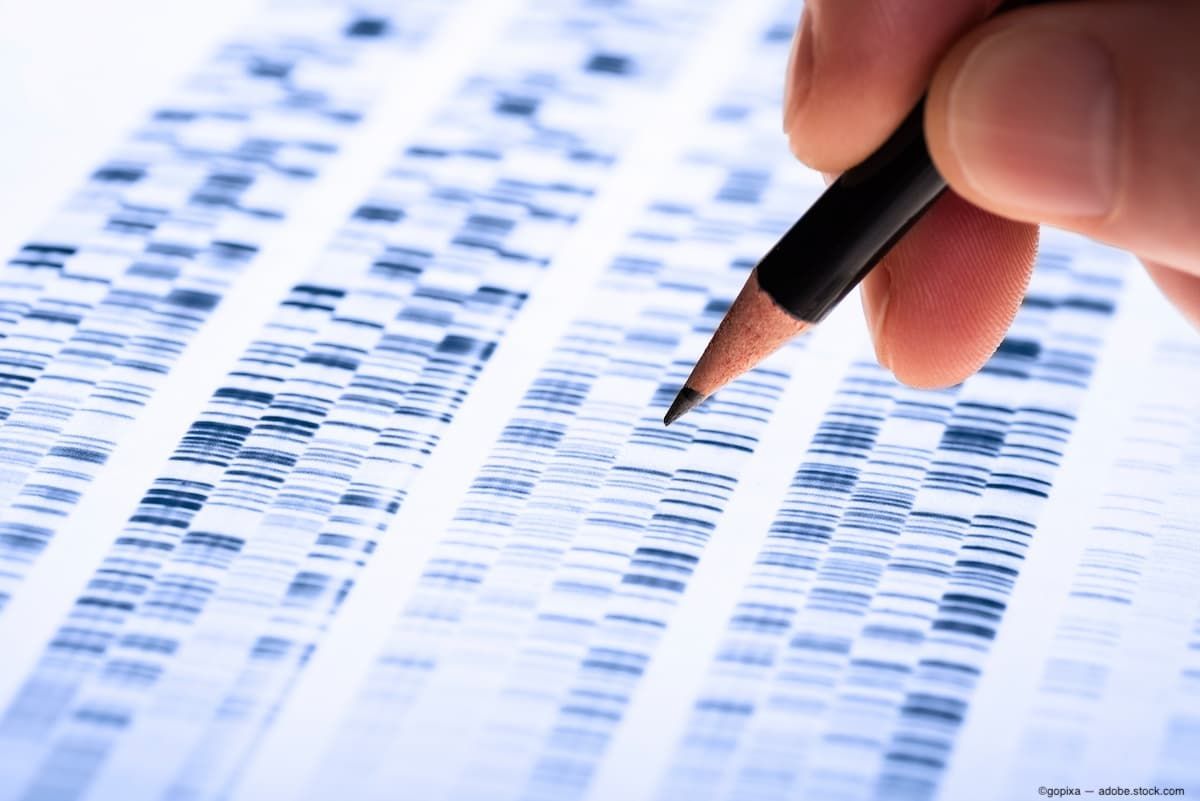UC Davis researchers administer Phase 3 ABBV-RGX-314, a gene therapy treatment for wet AMD
The experimental gene therapy was administered as a treatment in part of a randomized, partially masked, controlled, phase 3 clinical study evaluating the efficacy and safety of an experimental therapy, ABBV-RGX-314, for wet AMD.
(Image Credit: ©gopixa - Adobe.Stock.com)

Ophthalmologists at UC Davis Health marked the first time the UC Davis Eye Center has used gene therapy when they used an experimental gene therapy to treat a patient with wet age-related macular degeneration (wet AMD) in July of 2023.1
The experimental gene therapy was administered as a treatment in part of a randomized, partially masked, controlled, phase 3 clinical study evaluating the efficacy and safety of an experimental therapy, ABBV-RGX-314, for wet AMD (NCT05407636). UC Davis Health is one of 93 sites in the US participating in this clinical trial. This is an investigational treatment. The efficacy and safety have not yet been established, and this treatment is not FDA approved at this time.
In the news release1, Glenn Yiu, professor of ophthalmology at UC Davis Health and principal investigator for the new clinical trial, shared the value that this new treatment may provide for patients with wet AMD. “The current treatments for wet AMD may be life-long, and injections can be as frequent as every month. If approved, a gene therapy solution has the potential to maintain vision while reducing the number of injections, by allowing the eye to continuously produce the medicine on its own,” Yiu said.
Current treatments for wet AMD rely on repeated injections of anti-VEGF drugs that block VEGF in the diseased eye. Gene therapy treatments instead generally uses an empty viral envelope (a vector) to deliver a gene with specific genetic instructions for making protein. ABBV-RGX-314 contains genetic instructions for making anti-VEGF proteins. After a single injection of ABBV-RGX-314 gene therapy, the eye can start to make the medicine on its own.
The gene therapy procedure is more complex than administering a monthly injection. It includes a vitrectomy, where the viscous gel in the eye is removed and replaced with a saline infusion. The experimental treatment with its gene delivery vector is then injected underneath the retina.
Yiu will monitor whether the participant will continue to need monthly anti-VEGF injections in the coming months.
Paul Sieving is the former director of the National Eye Institute and is now a professor of ophthalmology at UC Davis Health. He established the Center for Ocular Regenerative Therapy (CORT) for pursuing cell and gene therapies. Regarding gene therapy, Sieving said, “It is noteworthy for patients in Northern California that UC Davis Health is doing experimental ocular gene therapy studies in the Department of Ophthalmology and Vision Sciences. What excites me most about this is the potential of Dr. Yiu’s work to reduce the repeated eye injections currently required for wet age-related macular degeneration.”1
UC Davis Health has enrolled 3 patients in the clinical trial and plans to enroll more. Individuals aged 50 to 88 with wet AMD who have had prior anti-VEGF injections may be eligible to participate.
Reference:
Eye center tests experimental gene therapy for wet age-related macular degeneration. UC Davis Eye Center. August 29, 2023. Accessed September 5, 2023. https://health.ucdavis.edu/news/headlines/eye-center-tests-experimental-gene-therapy-for-wet-age-related-macular-degeneration/2023/08#:~:text=Eye%20Center%20tests%20experimental%20gene%20therapy%20for%20wet%20age%2Drelated%20macular%20degeneration,-By%20Lisa%20Howard&text=Ophthalmologists%20at%20UC%20Davis%20Health,Center%20had%20used%20gene%20therapy.
Newsletter
Keep your retina practice on the forefront—subscribe for expert analysis and emerging trends in retinal disease management.